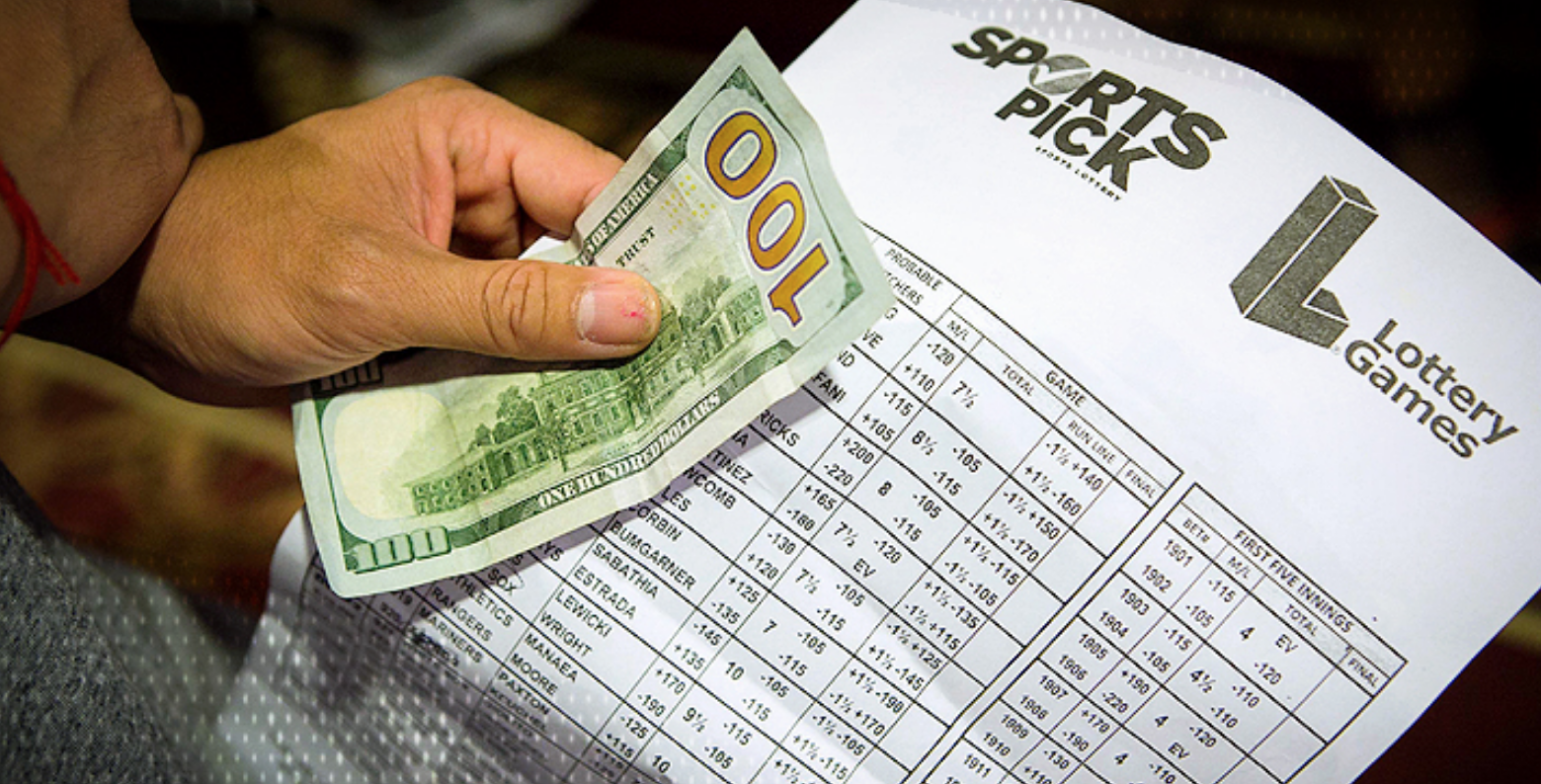By: Spencer O’Reilly
With Super Bowl LIV less than one month away, lucky ticket holders are making their final preparations as they get set to descend upon the sun and sand of Miami, Florida, with the NFL poised to award its ultimate prize in its historic 100th season.
At the same time, sportsbooks and bookmakers (often referred to as ‘bookies’) – both legal and illegal – are making their own plans, as they look to get a piece of the reported $6 Billion pie to be wagered during the most watched televised event of the year.
While the majority of this action will be placed on the outcome of the game, gamblers can bet on anything from the coin toss (tails never fails!), to the length (in seconds) of the national anthem, to if there will be a wardrobe malfunction (a la Janet Jackson in 2004) during the halftime show headlined by Shakira and Jennifer Lopez. With the proliferation of live-betting (in-game wagering), not a minute goes by where fans are left without an opportunity to be pried from their hard-earned money.
While Americans get set to wager a total sum greater than the total GDP of Guam ($5.86B, 2017), the federal legalization of sports betting, which has since taken hold in 14 states, will see record betting taken legally, up from three percent in 2019 to five percent in 2020. While two percent may seem nominal, keep in mind that equates to $120,000,000. Assuming a similar trajectory (3.5-4 percent YoY growth as legalization proliferates), American entities look to retain over $1B in funds stateside, annually, in the next five years.
While talk of parlays, spreads, and teasers remains lost on most Americans, there is no denying legal sports betting presents an incredible financial opportunity but it’s also incredibly confusing. Furthermore, we’re likely looking at two full calendar years before over half of US states enact legislation. In a world where bets can be made by the second, two years is an eternity. So, in the interim, who wins?
He who has the biggest house…wins
If legalized sports betting was a baseball game, industry experts suggest we’re only in the second inning. With lots of ball left to play, industry giants such as MGM, Ceasers, DraftKings, Paddy Power (FanDuel), GVC, Pointsbet and others are moving their chess pieces. The early battles may be won but the war is far from over. This suggests we’re now entering an arms-race, where giants look to stockpile assets that will give them the competitive edge in the long run. While the house always wins is an adage as old as gambling itself, in the case of a legalized sports betting environment, he who has the biggest house wins. If that’s the case, what does an acquisition target look like?
PlayLine.com is a relatively new entrant in the daily fantasy sports space (a derivative of year-long fantasy sports, a form of skill-based wagering where contests begin and end on a single day), an industry historically dominated by goliaths FanDuel and DraftKings (both companies now offer traditional sports betting products).
Unlike these aforementioned behemoths, PlayLine offers a simplified product that asks users to predict the stat-line of a group of superstar players in that day’s games. How many points will the reigning MVP Giannis Antetokounmpo total? How many assists for Lakers’ star LeBron James? How many touchdowns will Tom Brady throw? Furthermore, if users can predict with perfect accuracy how the featured players will perform, they’ll walk away with the sites’ $1,000,000 Perfect Line Bonus prizing (available through free-to-play and pay-to-play offerings).
While market leaders offer a more complicated product geared towards hardcore sports fans, which requires the aptitudes and attention to detail of even the most skilled stock traders, PlayLine has brought to market a game that can be understood by even the most casual of fans. PlayLine’s simplicity enables users to enter contests within seconds, whereas lineups on competing sites require extended research and the wherewithal to manage a salary cap.
After all, everyone understands that sports yields stats – in most cases – from the first time they flipped over a baseball card.
While sites like FanDuel and DraftKings require users to man an F1 car, PlayLine is asking players to hop on a tricycle. With 250M sports fans in North America, but only an estimated 22M bettors during the 2020 Super Bowl, that’s a lot of proverbial first-time cyclists who will no doubt be looking to put their foot on the pedal at some point during the next decade.
As it stands, this strategy seems to be working for PlayLine. Based in Toronto, Canada, and founded by former UFC Champion Michael Bisping and two-time NBA All-Star Roy Hibbert, PlayLine boasts a reported userbase of over 300,000 – amassed in just over two-year’s time – which makes the Canadian company the fastest ever to reach that mark. While company financials are not publicly available, PlayLine reportedly collected entry fees well into the eight-figures in 2019.
Aside from offering a simplified product that’s clearly struck a chord with casual fans, the real value in PlayLine is in their database of players. These 300,000 mostly casual tricyclists will soon graduate to mountain-biking, a proposition that will have new, and deep-pocketed, entrants to the US Sports Betting space, salivating for an acquisition.
As billion-dollar groups wage war for market share in the newly legal sports betting space, simply having a house (or in the case of PlayLine, a populous user base) makes PlayLine a sure-fire lock.
My Best Bets:
Super Bowl Matchup: San Francisco 49ers vs Houston Texans
Super Bowl Winner: San Francisco 49ers (24-17)
Super Bowl Coin Toss: Tails












